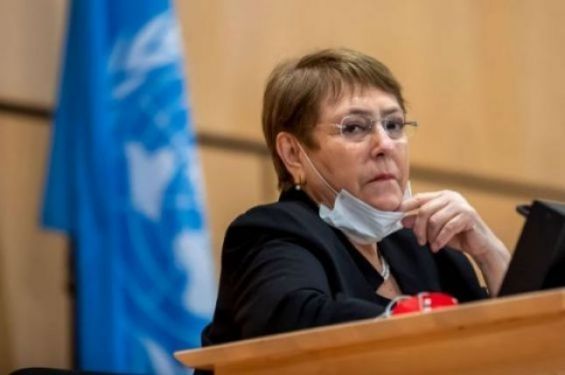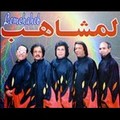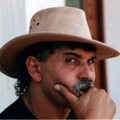The United Nations Human Rights Council is holding its 44th session started on June 30 and expected to end on July 17. The meeting is an opportunity for Morocco and Algeria to address their diverging views on the Western Sahara question.
On Thursday, Mehdi El Yatim from the Permanent Representation of Algeria to the United Nations in Geneva asked the United Nations High Commissioner for Human Rights Michelle Bachelet to resume technical visits by the Office of the United Nations High Commissioner for Human Rights (OHCHR) to the province, which have been suspended since 2015.
El Yatim also invited the former president of Chile to update the database of companies created in the Sahara. He urged for an «urgent halt» of all economic activities aimed at «torpedoing international efforts to put an end to the occupation», the Polisario’s news agency wrote.
Morocco's response
Following this statement, Morocco had to reply. Rabat has chosen to entrust this mission to Sidi Hamdi Ould Errachid and Ynja El Khattat, respectively presidents of the Laayoune-Sakia El Hamra and Dakhla-Oued Eddahab regions.
Two representatives of the Sahrawi population elected to positions of responsibility and who, moreover, had already participated to the two of the Geneva round tables in December 2018 and March 2019.
In a letter addressed to Michelle Bachelet, they denounced «misleading propaganda» conveyed by Algeria and the Polisario aimed at depriving the inhabitants of the two regions from the benefits of development.
The two presidents, one of whom (El Khattat) was a senior Polisario official before returning to Morocco, stressed that Algeria «must be challenged on its policy of diversion and misinformation aimed at diverting attention from the tragedy of the people kidnapped in Tindouf», MAP reports.
The two presidents recall in their letter that «Sahrawis freely join political parties and associations and participate massively and freely, in the various referendum and electoral events, with a participation rate of 70% which exceeds the national average (52%), which removes credibility to the allegations of the separatist movement on its alleged representation of the inhabitants of the Moroccan Sahara».
Arguments, alongside other parameters, which enabled Morocco to convince in 2018 the European Union and the overwhelming majority in the European Parliament to successfully circumvent the verdicts of the Court of the European Union of Justice and integrate the Sahara in agricultural and fishing agreements.





 chargement...
chargement...













